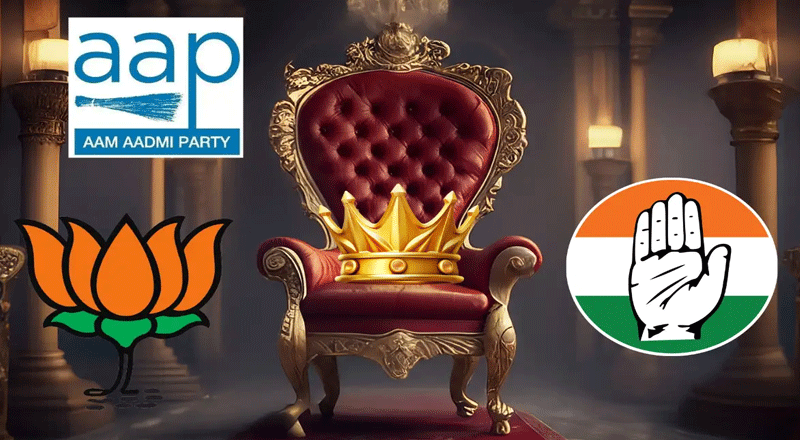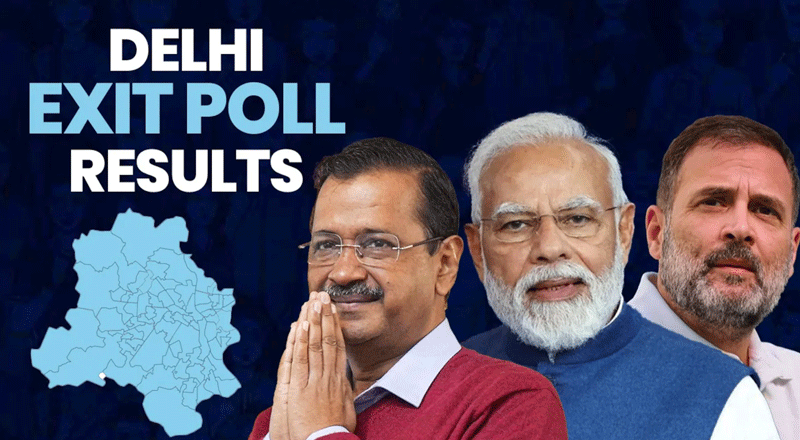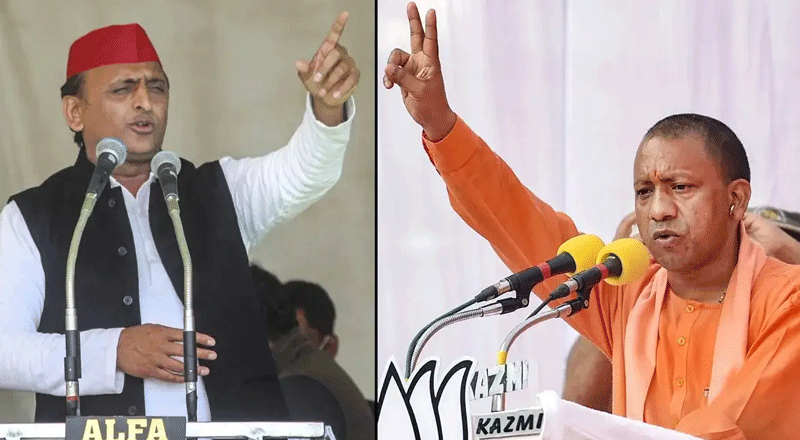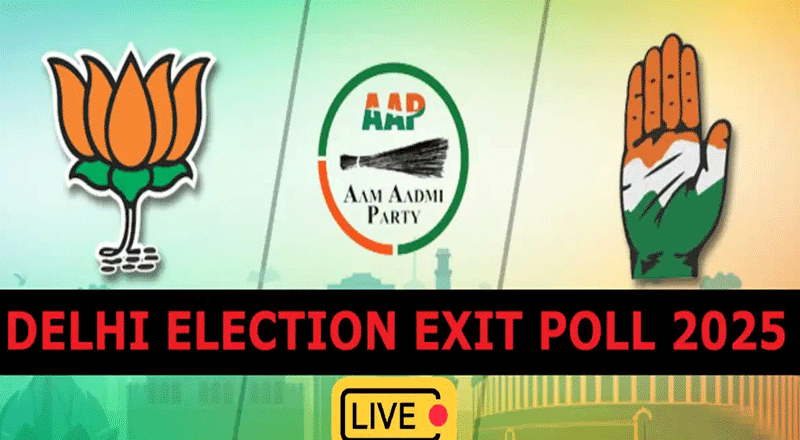The political battleground of Delhi is witnessing yet another high-stakes assembly election, as voting for all 70 seats takes place today. This election is particularly significant for the Aam Aadmi Party (AAP), led by Arvind Kejriwal, which is seeking a third consecutive term despite being embroiled in major corruption allegations. The Bharatiya Janata Party (BJP), backed by its formidable election machinery and Prime Minister Narendra Modi’s massive rallies, is determined to break AAP’s dominance in the capital. Meanwhile, the Congress, which has been relegated to the political sidelines in Delhi for the past decade, is also aiming for a comeback. With a fierce three-way contest unfolding, the results of this election could have far-reaching implications on national politics.
AAP’s Legacy and Struggles
The Aam Aadmi Party has dominated the past two Delhi Assembly elections with resounding victories. However, its governance has been overshadowed by corruption allegations related to the now-defunct liquor policy. Several top AAP leaders, including Kejriwal’s close aide Manish Sisodia, have been arrested. Kejriwal himself was imprisoned for six months, forcing him to temporarily step down as Chief Minister, with Atishi assuming charge in his absence. Despite these challenges, AAP continues to bank on its governance model focused on education, healthcare, and subsidized services, which previously won them significant voter support.
BJP’s Bid for Power
The BJP, which has remained on the sidelines in Delhi’s governance for over two decades, is aggressively campaigning to gain control. The party’s electoral strategy includes leveraging PM Modi’s popularity, large-scale rallies, and well-oiled election machinery. By highlighting AAP’s corruption scandals and governance conflicts with the Lieutenant Governor, the BJP hopes to sway public sentiment in its favour.
Congress’ Attempt at Revival
Once the dominant force in Delhi politics, the Congress has been struggling for relevance since its last victory in 2013. Following two consecutive election washouts, the party is now making efforts to regain voter trust. While Congress remains a weaker contender compared to AAP and BJP, its performance in this election will be crucial in determining whether it can reclaim a foothold in the capital.
Political Turmoil and Governance Clashes
The Role of the Lieutenant Governor
One of the major governance issues in recent years has been the repeated confrontations between the AAP government and the Lieutenant Governor (LG). Despite a Supreme Court ruling that granted Delhi’s elected government authority over all matters except land, public order, and police, the Union government passed an ordinance giving the LG more control over bureaucrats. This has resulted in continuous administrative hurdles for AAP, further complicating governance in the capital.
Arrests and Allegations
AAP’s reputation as an anti-corruption crusader has taken a hit due to multiple arrests of its leaders. The arrests of Kejriwal, Sisodia, and other senior figures like Sanjay Singh, Satyendar Jain, and Amanatullah Khan have significantly impacted the party’s credibility. The BJP has capitalized on these developments, portraying AAP as a party that has deviated from its founding principles.
Election Day: High Voter Turnout and Prominent Figures Voting
As voting commenced early this morning, long queues of voters were seen outside polling stations across Delhi. Several prominent leaders and dignitaries have already cast their votes, including President Droupadi Murmu, Vice President Jagdeep Dhankhar, External Affairs Minister S. Jaishankar, and Lok Sabha Leader of Opposition Rahul Gandhi. Former Chief Justice of India D.Y. Chandrachud also participated in the electoral process, reaffirming his confidence in the integrity of the Electronic Voting Machines (EVMs) amid ongoing debates on electoral transparency.
Vice President Dhankhar emphasized the importance of voting, calling it the “oxygen of democracy” and urging all eligible citizens to exercise their rights responsibly.
The Stakes for Delhi’s Political Future
With over 15.5 million registered voters expected to cast their ballots by 6:00 pm today, the Delhi Assembly election is poised to be a turning point for the capital’s political landscape. AAP’s victory would reaffirm its resilience and governance model, while a BJP win would mark a historic shift in Delhi’s power dynamics. Congress, on the other hand, is eyeing a revival that could set the stage for future elections.
The results, set to be announced on February 8, will not only determine Delhi’s next government but will also send a strong political signal nationwide. Whether AAP secures a hat-trick, BJP claims a long-coveted victory, or Congress regains relevance, the outcome will shape the trajectory of Delhi’s governance and its role in India’s broader political arena.
To conclude we can say, as Delhi heads into the future, the election results will have a lasting impact on the city’s governance and national politics. If AAP retains power, it will need to address governance hurdles and restore its anti-corruption image. A BJP victory would signify a major political shift, aligning Delhi’s government more closely with the central administration. Meanwhile, a stronger Congress performance could mark the beginning of its resurgence in the capital. Whatever the outcome, Delhi’s voters hold the key to shaping the next chapter of the nation’s capital.
(With inputs from agencies)





